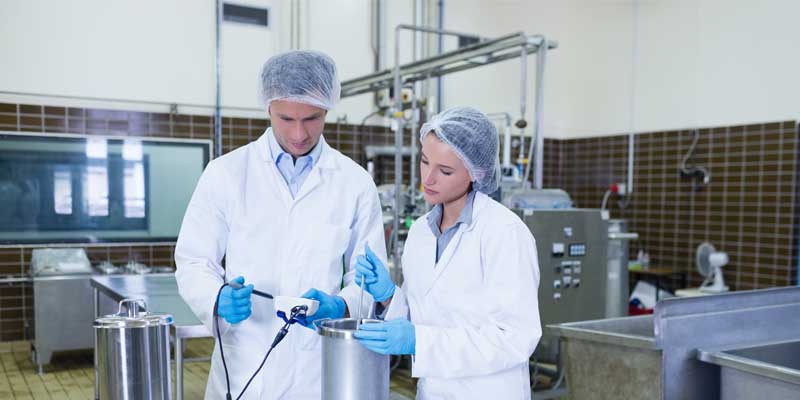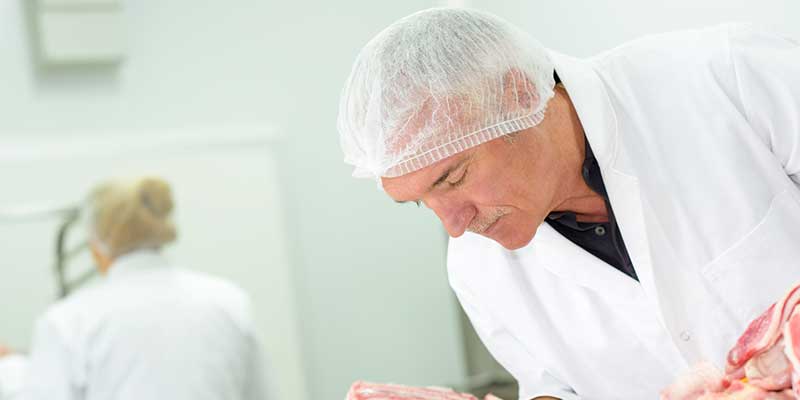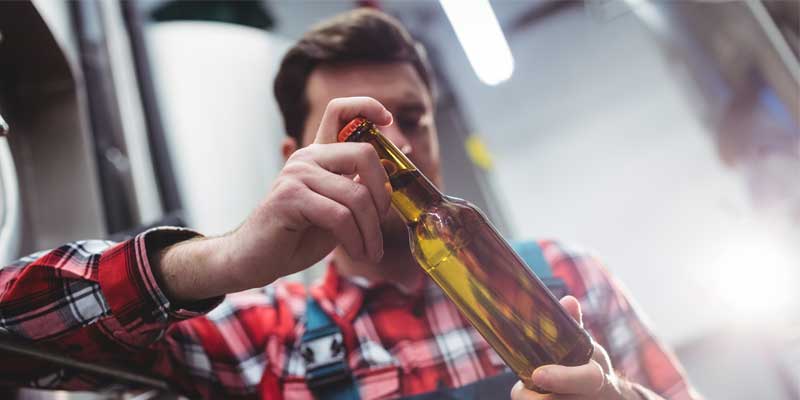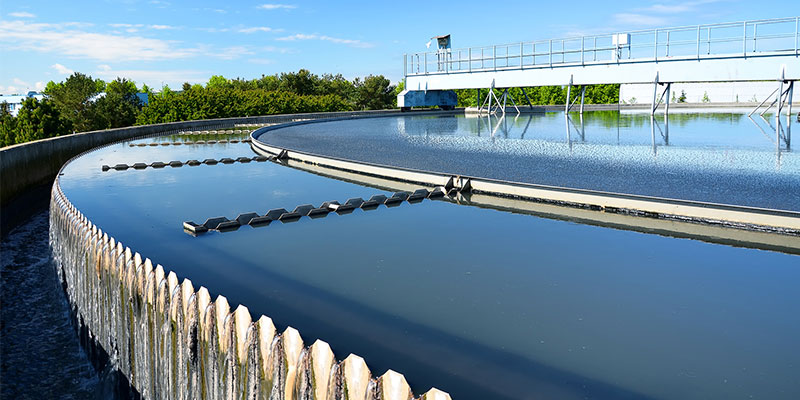DAIRY INDUSTRY
The Lt-AD technology is particularly suited to treating dairy wastewater such as milk treatment and processing wastewater. For dairy plants that elute their wastewater to sewer, Lt-AD can significantly reduce their trade effluent charges due to high chemical oxygen demand (COD ~ 80%) and total suspended solids (TSS ~ 50%) attenuation. For dairy plants that treat their effluent on-site, Lt-AD can considerably reduce their energy usage and electrical costs. In addition, the Lt-AD technology produces up to 90% less organic sludge than the activated sludge process thus considerably reducing sludge management costs.

MEAT PROCESSING
NVP Energy has recently established that certain meat processing wastewater streams can be treated by the Lt-AD technology. Similar to the other Food & Drink industries, the use of Lt-AD to treat meat processing wastewater will result in significant operational savings for the customers. Alternatively, if customers are paying high trade effluent charges to private wastewater companies, Lt-AD can help cut these bills by as much as 60%.

BREWING, DISTILLING and MALTING INDUSTRY
NVP Energy’s technology is ideally suited to treating wastewater for Brewing, Distilling and Malting industries. For Brewing, Distilling & Malting plants that have on-site wastewater treatment facilities, Lt-AD can be retrofitted as a secondary stage treatment technology to reduce their energy consumption and consequently electrical bills. A further benefit of the Lt-AD technology is that it produces up to 90% less organic sludge than the activated sludge process thus considerably reducing sludge management costs. For Brewing, Distilling and Malting plants that have no on-site treatment facilities and consequently elute their wastewater to sewer, Lt-AD can significantly reduce their trade effluent charges due to high chemical oxygen demand (COD ~ 80%) and total suspended solids (TSS ~ 50%) attenuation.

MUNICIPAL
The municipal wastewater sector relies heavily on energy intensive aerobic technologies for secondary stage biological treatment. The Lt-AD technology has the potential to disrupt these outdated systems thus resulting in significant financial and environmental savings for municipal wastewater treatment plant operators. Furthermore, as the Lt-AD technology can operate at temperatures as low as 4°C it is ideally suited to treating municipal wastewater generated in countries with temperate climates. The Lt-AD technology can work in a retrofit, expansion or new build scenario. Unlike the aerobic activated sludge process (ASP), Lt-AD does not require aeration to treat the wastewater. Instead it is a passive system that operates at low temperatures. The unique design of the technology allows Lt-AD to produce up to 90% less sludge when compared to ASP. Thus the energy and sludge savings lead to considerable financial savings for the end user. The technology is also very attractive because it has produced effluent which adheres to the Urban Wastewater Directive release standards without the need for post-treatment.
